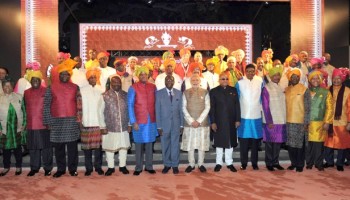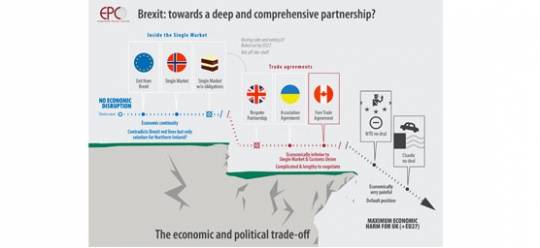INDIA AND THE DEVELOPING AFRICA
India–Africa relations are as old as the civilisations of the Nile and the Indus Valley. The earlier known contact between India and countries in Africa dates back to pre-historic times. Trade, people-to-people contact and cultural ties have remained significant for their effective engagement.
The relative complimentary strength and capacities of India and Africa make them natural economic and commercial partners. India provides a stable and profitable market to the goods and services of Africa. In turn, Africa has the potential to contribute to India’s energy and food security requirements.
India is competing with China for strategic influence and for drawing on from as many investment projects as possible in Africa. China remains the major contender to India in Africa, and has been investing in the continent for decades. China has heavily invested in energy, telecommunications, infrastructure projects, and construction of railways, roads, airports, hospitals and schools. This has helped in spurring economic growth in Africa.
India’s Africa policy majorly includes the India Africa Forum Summit (initiated in 2008), FOCUS Africa Programme and T-9 Initiative. These programmes necessitate intensive cooperation in security, trade and investment, development and energy partnership among others.
India is following the steps of China in Africa. Like China, India is also building Africa’s infrastructure in exchange for acquiring natural resources from the continent. Indian Oil Cooperation, ONGC Videsh Limited and Mittal Energy Limited have signed agreements with various oil-rich African countries in exchange for the development of their local infrastructure.
Therefore, India should commit to developing a strong relationship by engaging with the developing economies of Africa through various bilateral, regional and international groupings. This engagement should provide new directions to the growing relationship based on equality, mutual respect and cooperation in political, economic and social spheres.



